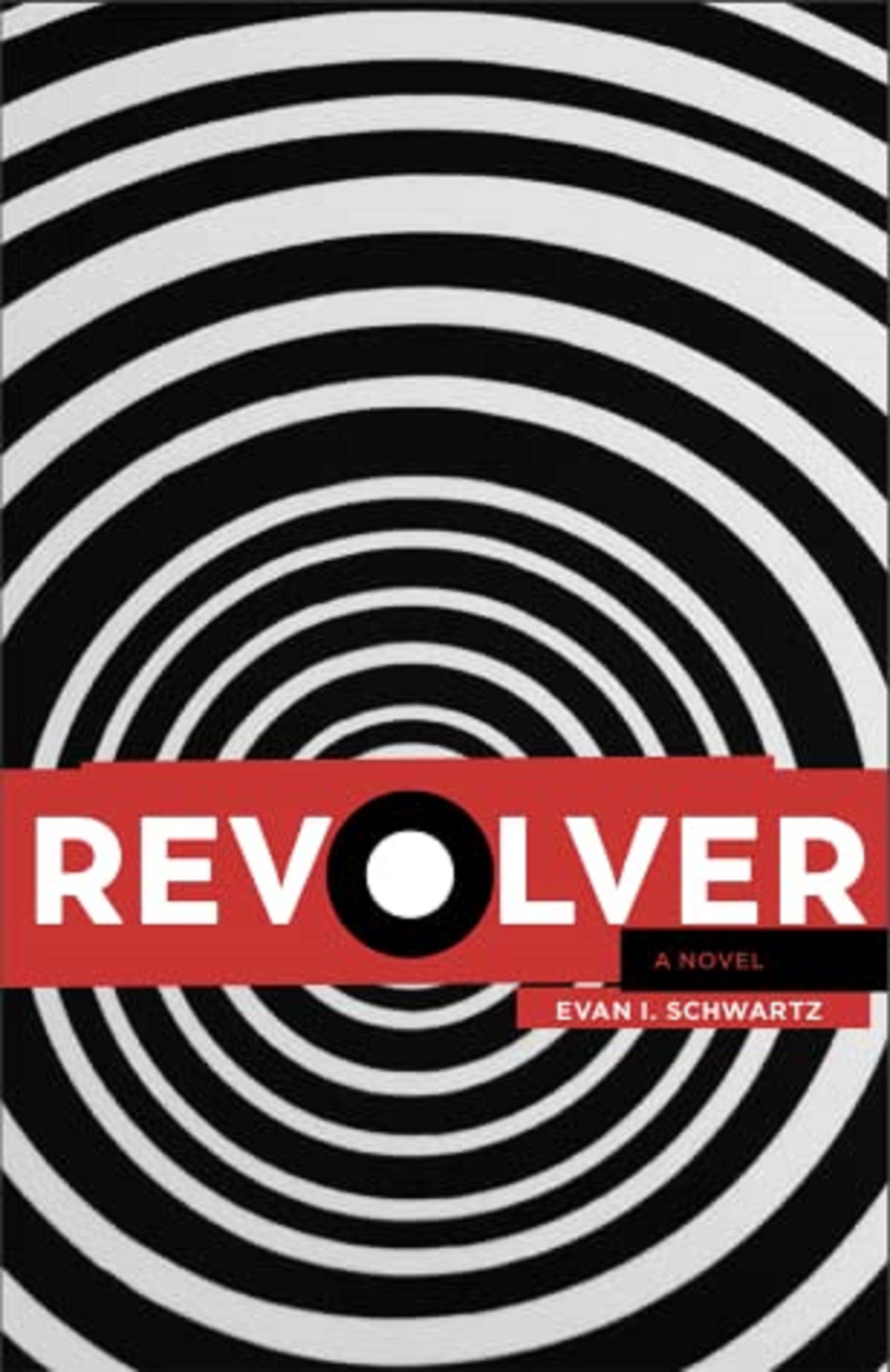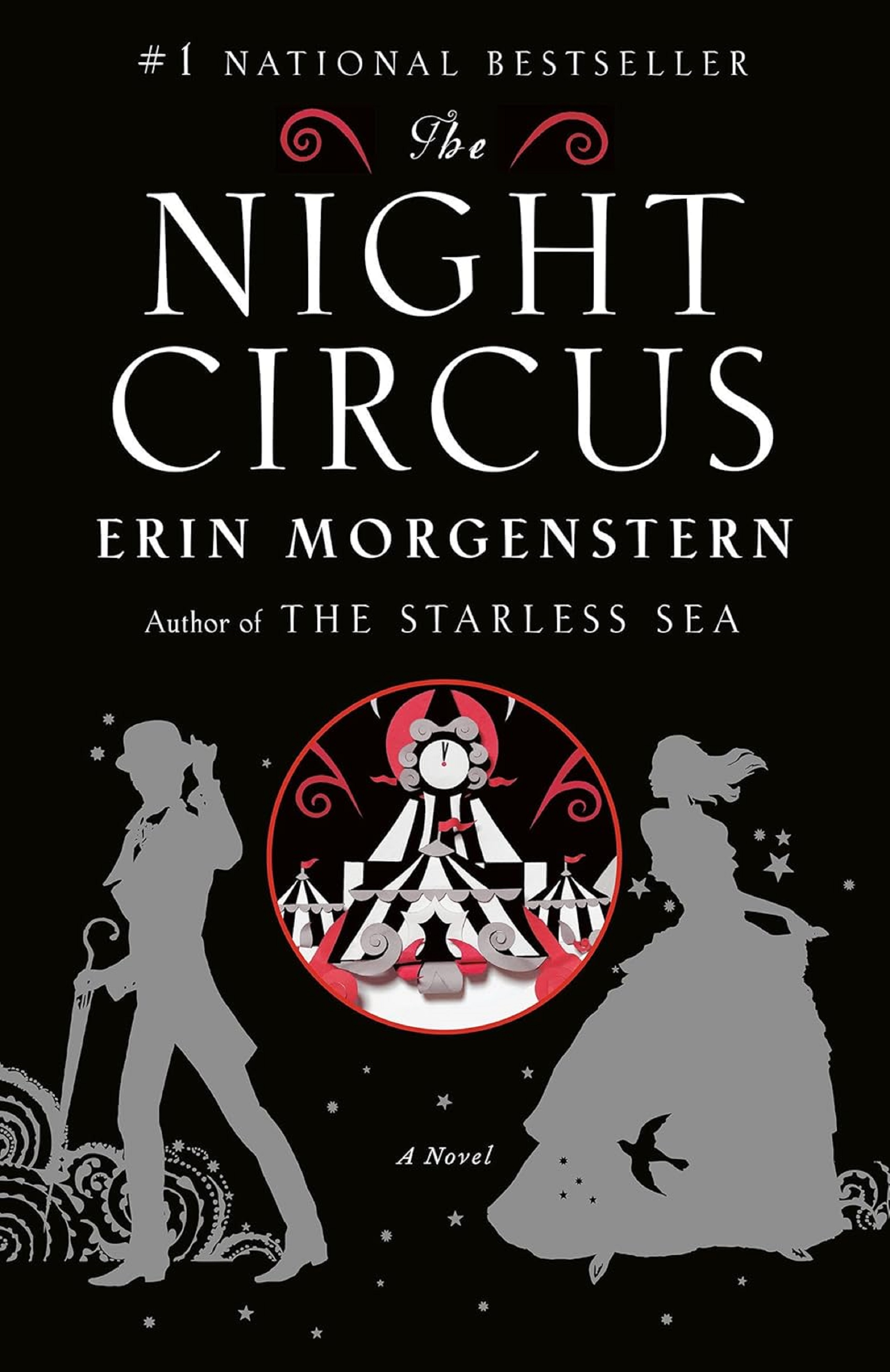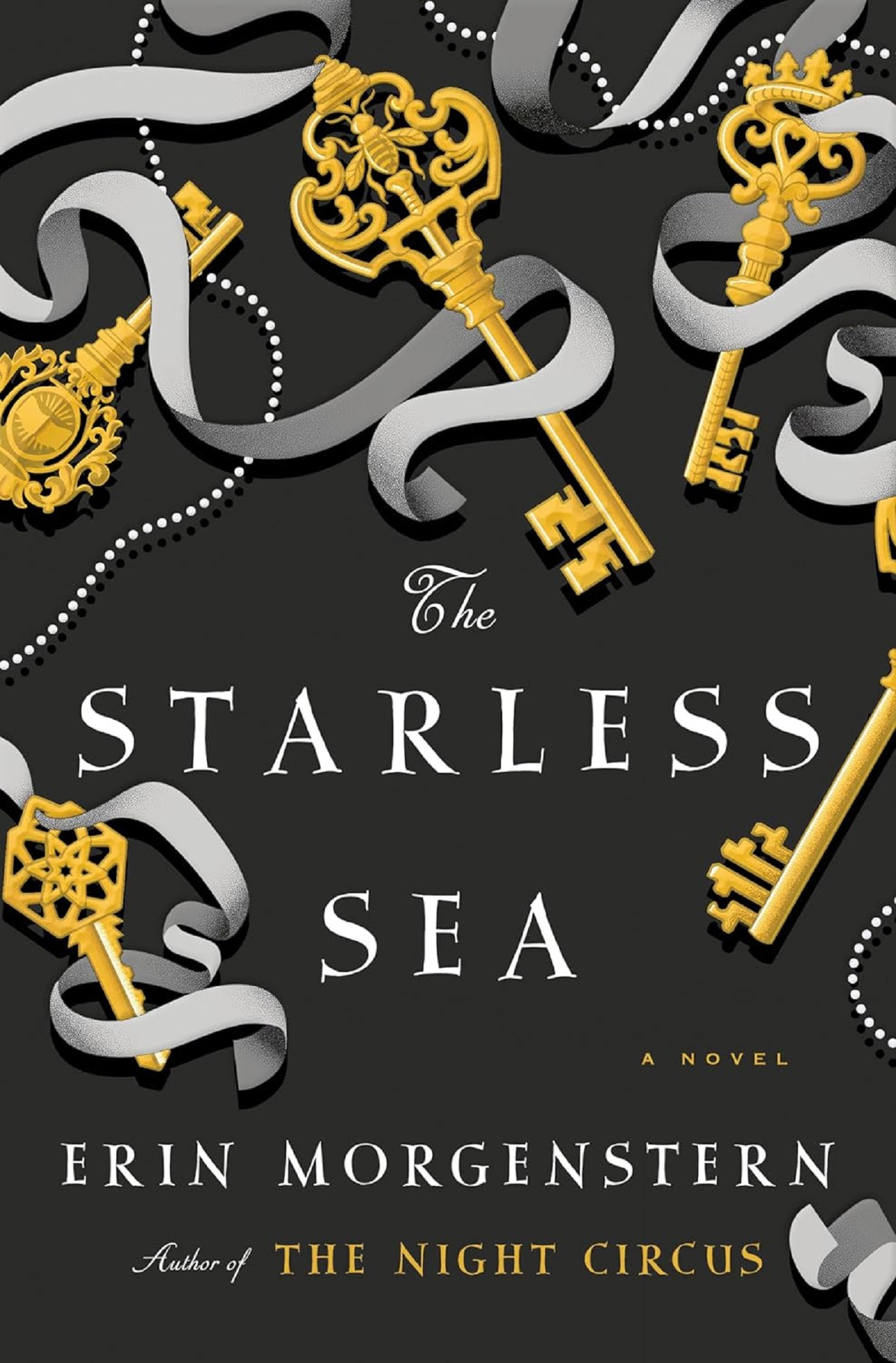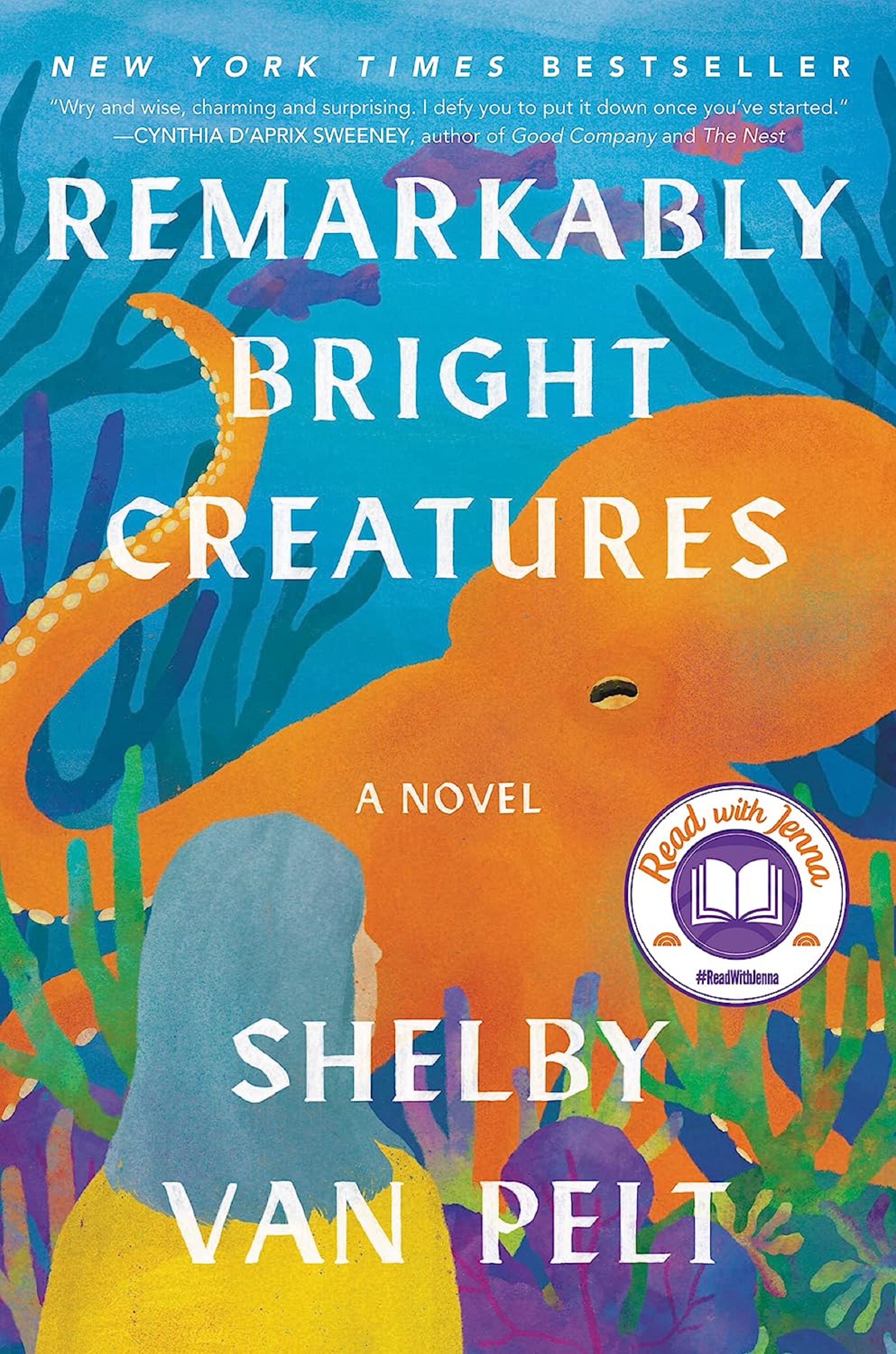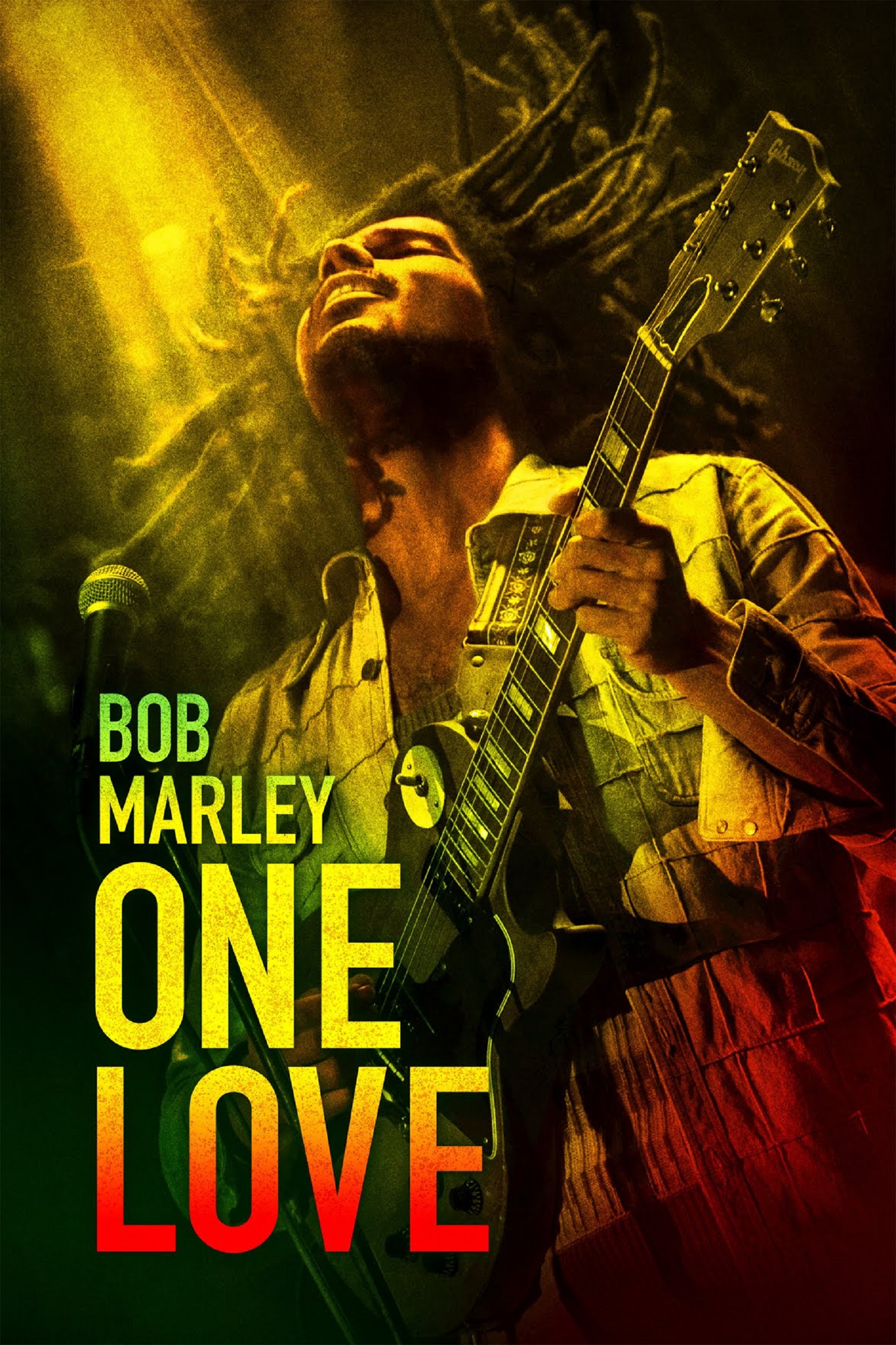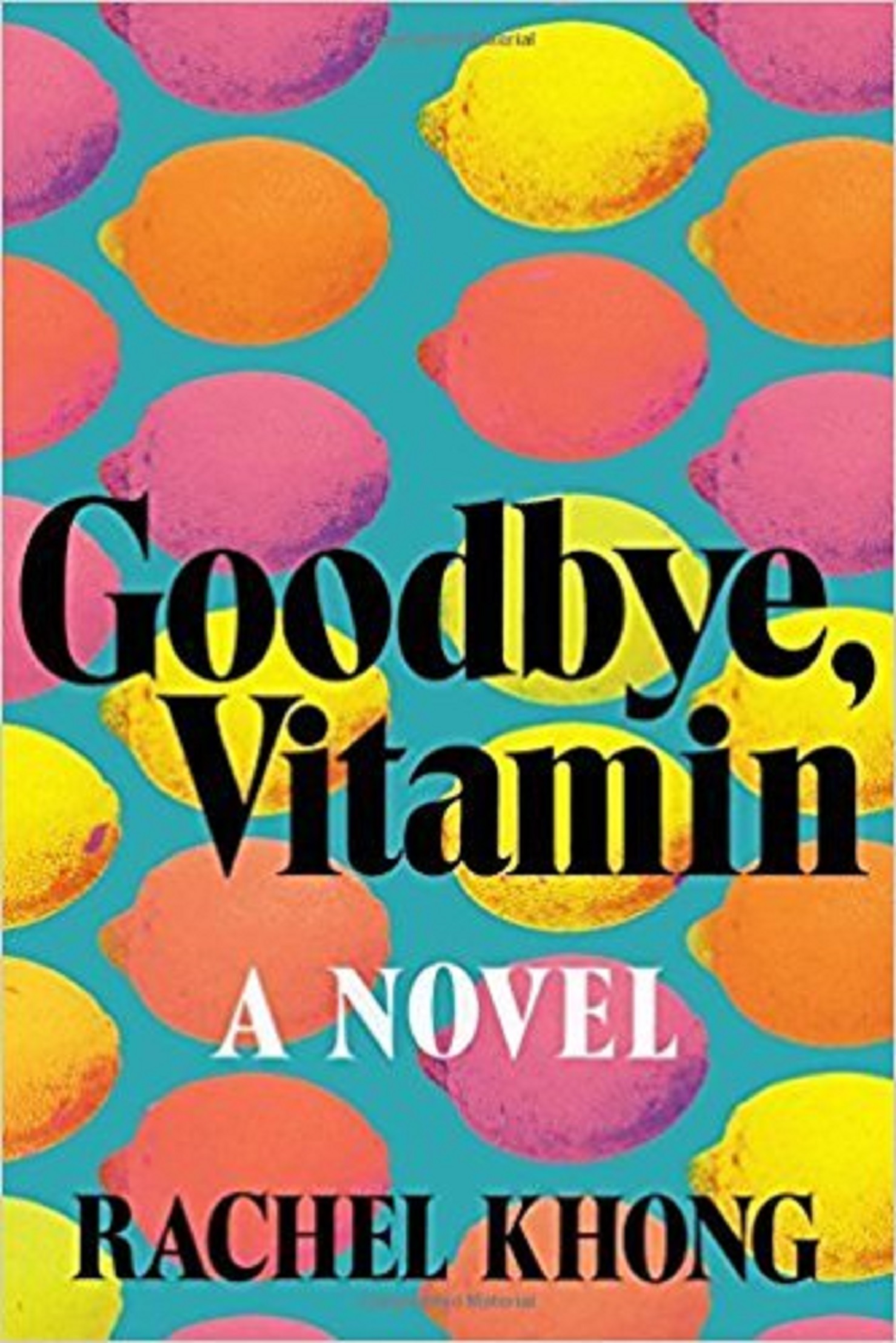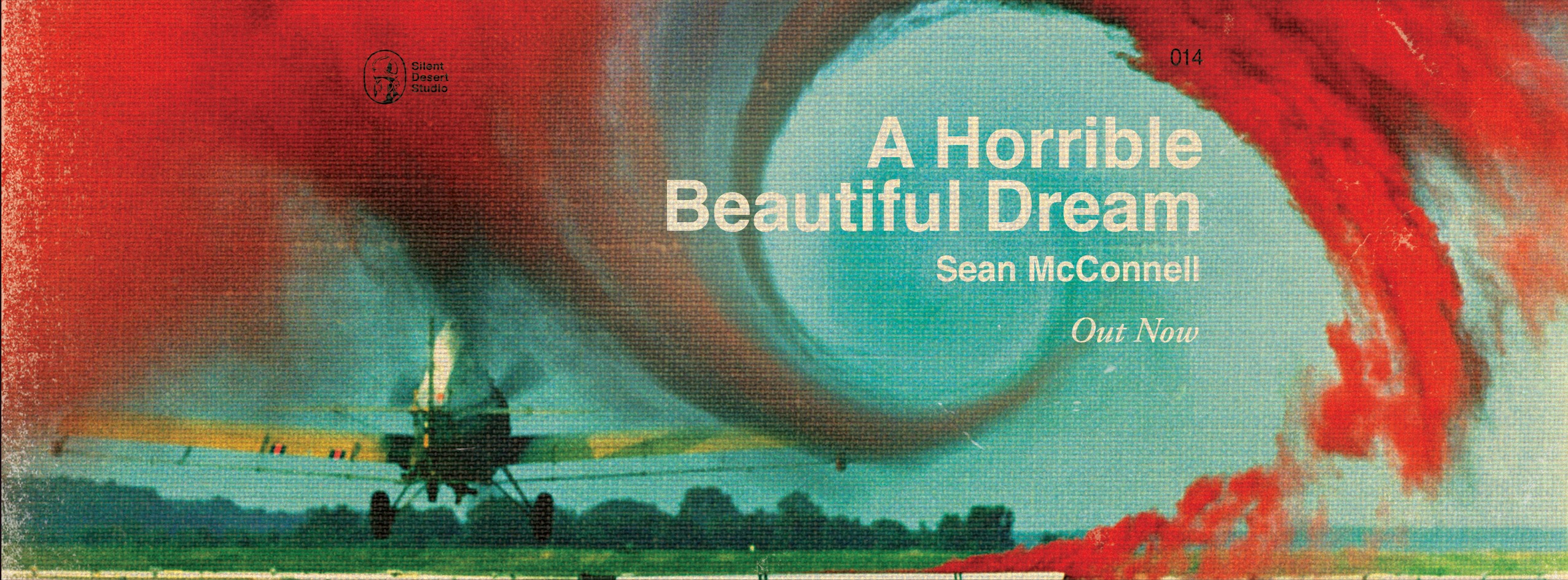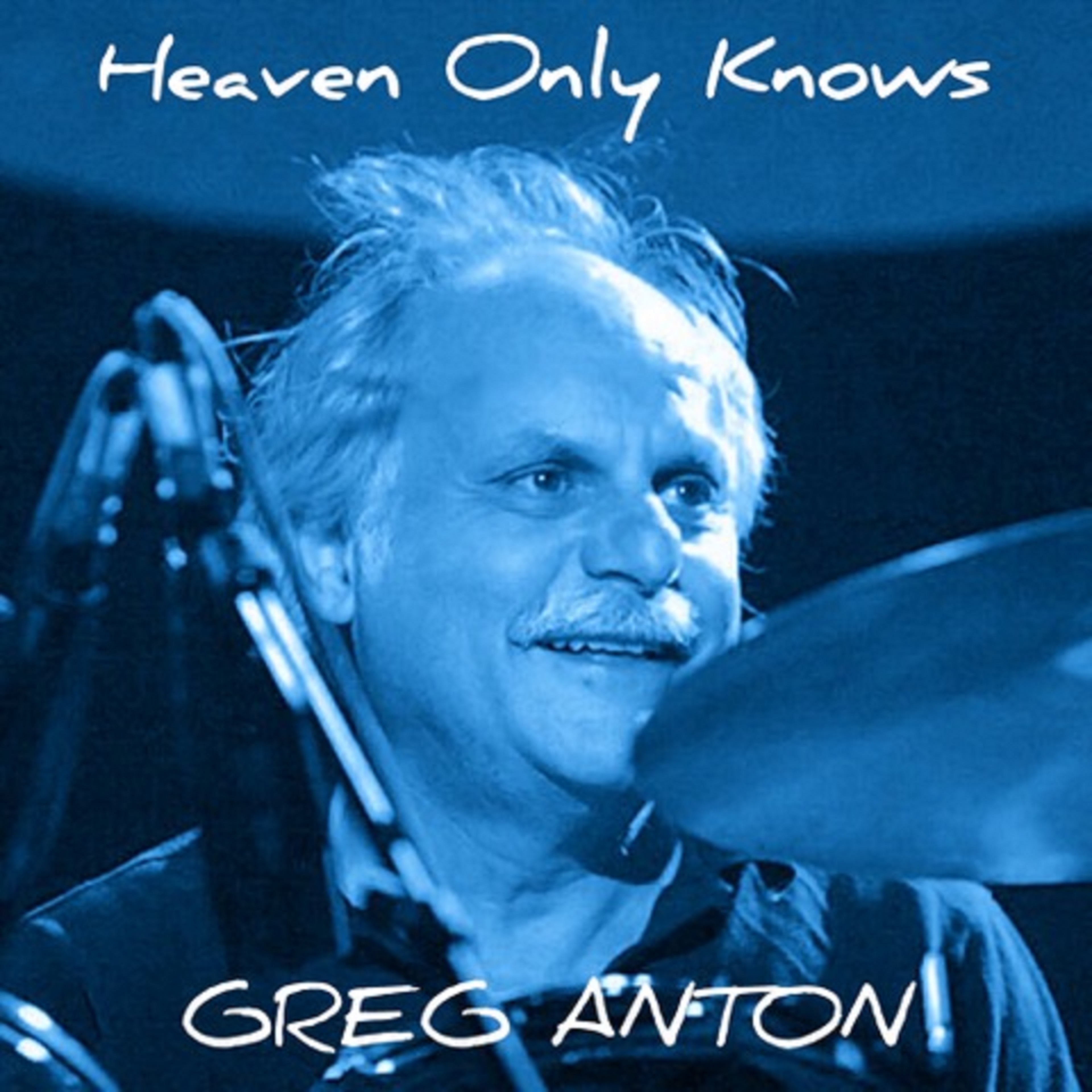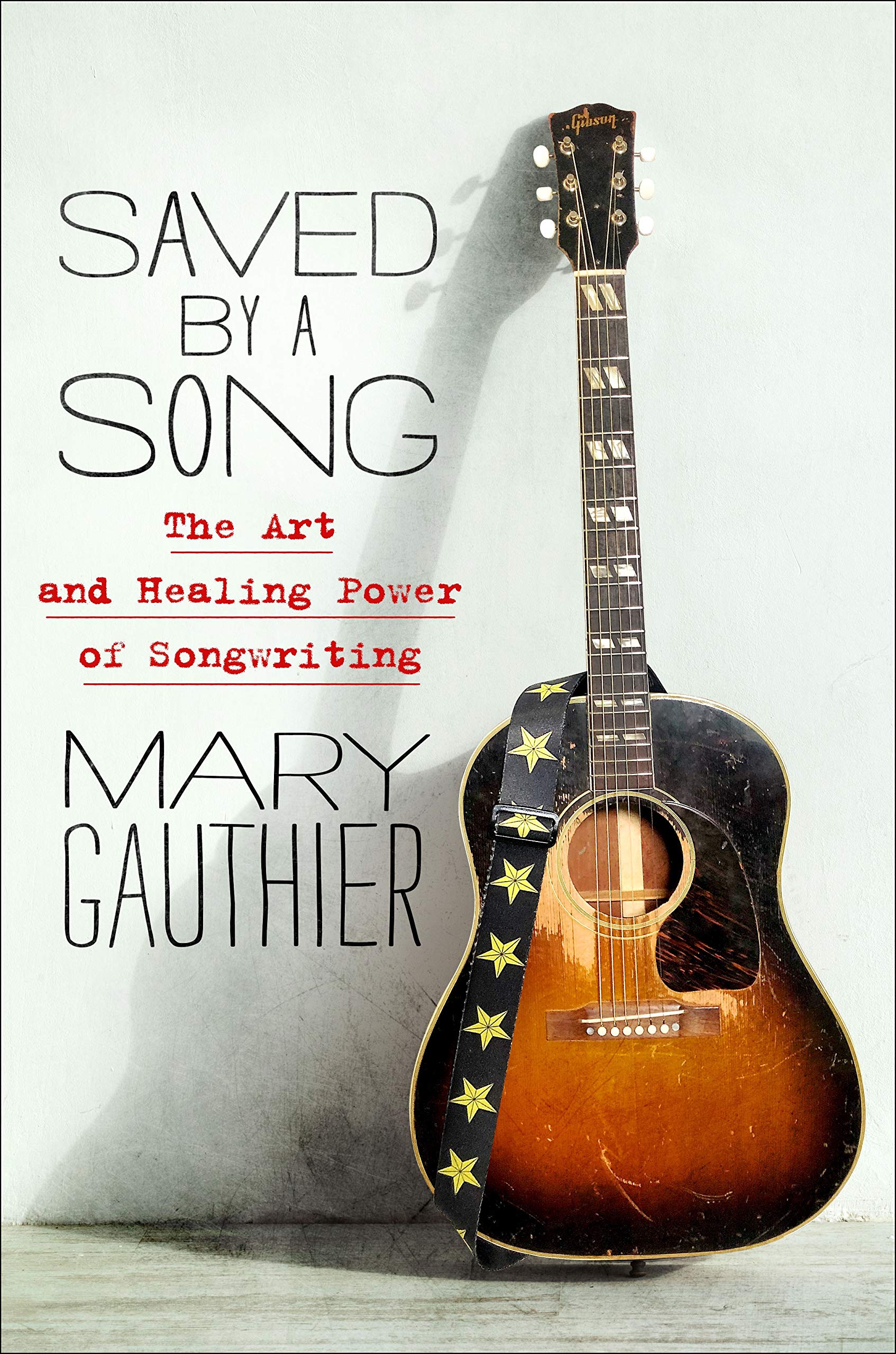Writing has always been a hobby. I created sonnets to unleash my teenage angst. I did my undergraduate thesis, basically a short story, about interning at an anti-gun violence nonprofit where I focused on the flavorful like shooting an AK-47, melting guns to transform them into art and working with ex-convicts in the Tenderloin. In my late thirties I launched into book reviews taking on the obscure to the popular, posting them on a funky Google blog earning a few bucks a month from clicks. Currently, I’m in the process of writing a memoir. It’s both draining and cathartic, making a return to a book review great fun as well as a welcome change of pace with Evan I. Schwartz’s release of “Revolver.”
Schwartz’s novel is primarily a tribute to music with a coming-of-age saga set in the late 70’s, early 80’s as its undertone. “Revolver’s” history is spot on in almost all aspects which makes sense as Schwartz has written five successful nonfiction books concentrating on a range of complex topics from media to technology. In Schwartz’s switch to fiction it is understandable that there would be a degree of poetic license. However, as a fervent Deadhead experiencing my life altering, first show at fifteen, I must clarify how the Grateful Dead acquired their name. In one of the chapters, Charlie explains to his father “the band’s name isn’t about being dead at all.” This is correct. Yet, he further elaborates, “It’s about having no fear of death. No worries. Enjoy life to such an extent that in the end you will be left with gratitude.” This isn’t quite right. The iconic band selected their name from the dictionary. The term is extraordinarily interesting, originating from folk legends in which a wanderer comes to a corpse’s rescue by graciously paying for its burial since the soul left his earthly life full of debts. As the nomad continues his journey, he is magically aided in an impossible task by the spirit of the dead person he lay to rest. The meaning is critically important for the Deadhead, hippie culture. It’s about generously giving to humanity and always doing what’s right. Fiction can vary from the truth as it makes storytelling much more appealing. Schwarz diversion from the facts works in every facet of the story except in this case which was somewhat there but needed just a tad more context.
To be totally transparent, there are issues. I struggled obviously with the depiction of the Grateful Dead’s meaning, but also the slow pace, long-windedness and who exactly is the intended audience, teens, or adults the protagonists ages now. It may seem as if I’m giving Schwartz a hard time. It’s quite the opposite in fact. I recognize sharing a creative endeavor publicly takes a lot of courage and is a great achievement. (Listen, I haven’t had my book published.) Even though there were challenges I found “Revolver’s” narrative to be original as well as quite clever and the publishing house’s philosophy of providing free books beautiful. Additionally, Schwartz highlights interesting historical tidbits for which I was unaware, stirs musical memories as well as imparts important lessons.
I had no idea Beatles’ records were burned and bans were called by fanatical Christians and members of the Ku Klux Klan. I loved the description of the decadent formaggio plate from Café La Fortuna where John Lennon frequented. In the pages where virginity is lost music is the backdrop. I’ve always known compositions and sex are the perfect partnership. Ben Harper played as my college neighbor and I sweetly explored each other once he woke up his flat mate to ask for condoms as all his had expired. Van Morrison streamed softly as a one-night fling and I were totally in tune. Charlie Hunter’s jazzy beats were the soundtrack for mind-blowing experimentation that was not just agile but completely improvisation just like the genre. Music ties into every big and small occurrence in my life, and not just sexually. A song can instantly make me smile or break into inconsolable tears thinking of the wonderful or truly miserable experiences they represent.
Finally, the novel contains lovely lessons. The reader is reminded never to take music for granted as its power is limitless. It immortalizes legends while encouraging the on-going appreciation of phenomenal groups from a wide array of genres. Most poignantly the book encourages generosity and innovative thinking. These two themes are illustrated within all the characters but also the Concord Free Press’ philosophy that “will give away 2,500 copies” and the reader is “asked only to donate to a cause they believe in or help someone else in need – then pass their book on so others can give.” We are plagued with some much suffering right now be it loss of life, jobs, and even access to food. I applaud Schwartz and Concord Free Press for offering another desperately needed avenue for giving and/or doing good. Enjoy “Revolver” and when you’re finished embrace the wonderful opportunity to be a change agent.





